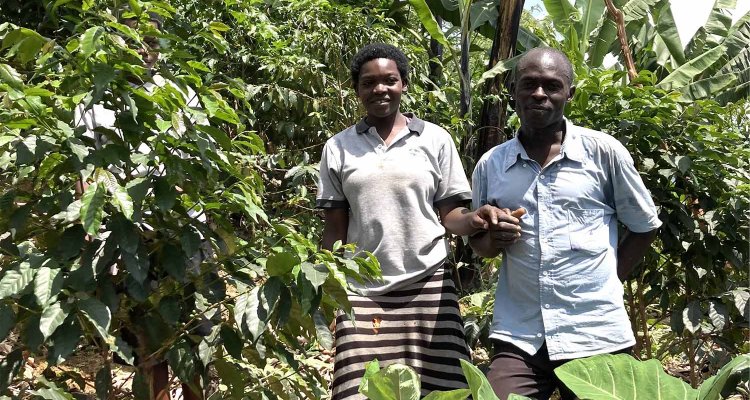
Project
The effect of empowering farmers’ households on sustainable farm management
Facilitation of empowerment in efforts to restore farms and landscapes, have a high potential for sustainable change. Yet, the effect of and mechanism behind the facilitation of empowerment on sustainable farm management and livelihoods is not well known. This research aims to better understand the process of empowering farmers’ households and the effect of this process on sustainable farm management.
Background
Environmental degradation leads to declining agricultural productivity, and decreasing food security in the highlands of rural Uganda. Projects trying to halt this problem together with farmers often focus on fast implementation of isolated practices rather than on long-term integrated outcomes. Research suggests environmental problems could be halted by empowering farmers. Approaches that include the facilitation of empowerment in efforts to restore farms and landscapes, have a high potential for sustainable change. One example is the Participatory Integrated Planning (PIP) approach which is currently implemented in Eastern Uganda and is used as an intervention to understand the process of empowerment better, and the effect it has on sustainable farm management.
Project description
In the highlands of rural Uganda, past interventions to halt environmental degradation, declining agricultural productivity, and decreasing food security often did not persist in the long run, because they mainly focused on fast implementation of practices rather than on long term integrated outcomes. By giving ‘hardware’ support they incentivised people to change their immediate behaviour, without creating long-lasting behavioural change: when the source of external motivation is withdrawn, the desired behaviour tends to decline over time.
To create long-lasting sustainable farm management and pro-environmental behaviour, change should therefore originate from a person’s own motivations, choices and actions based on self-determination and agency. People with higher degrees of self-determination are more likely to engage in environmentally-friendly behaviour. Therefore, approaches that facilitate self-determination and agency in efforts to restore farms and landscapes have a high potential for sustainable change. The effect of and mechanism behind this facilitation of self-determination and agency on sustainable farm management is however not well known.
The main objective of this project is therefore to better understand the process of empowering rural households engaged in farming and the relation between empowerment and sustainable farm management. We use survey information, focus group discussions, causal loop diagrams, fuzzy cognitive mapping and field observations to fulfil this main objective.
Results
We found that in the context of Bududa in Uganda, intrahousehold collaboration and collective decision making are important drivers for increased ownership and behavioural change towards collective outcomes, and for women to have more influence on the livelihood and farm outcomes of the households. Furthermore having agency as a household contributes to achieving goals, and vice versa, suggesting that stimulating households to act together, and being able to achieve their goals contributes to empowerment of the household.